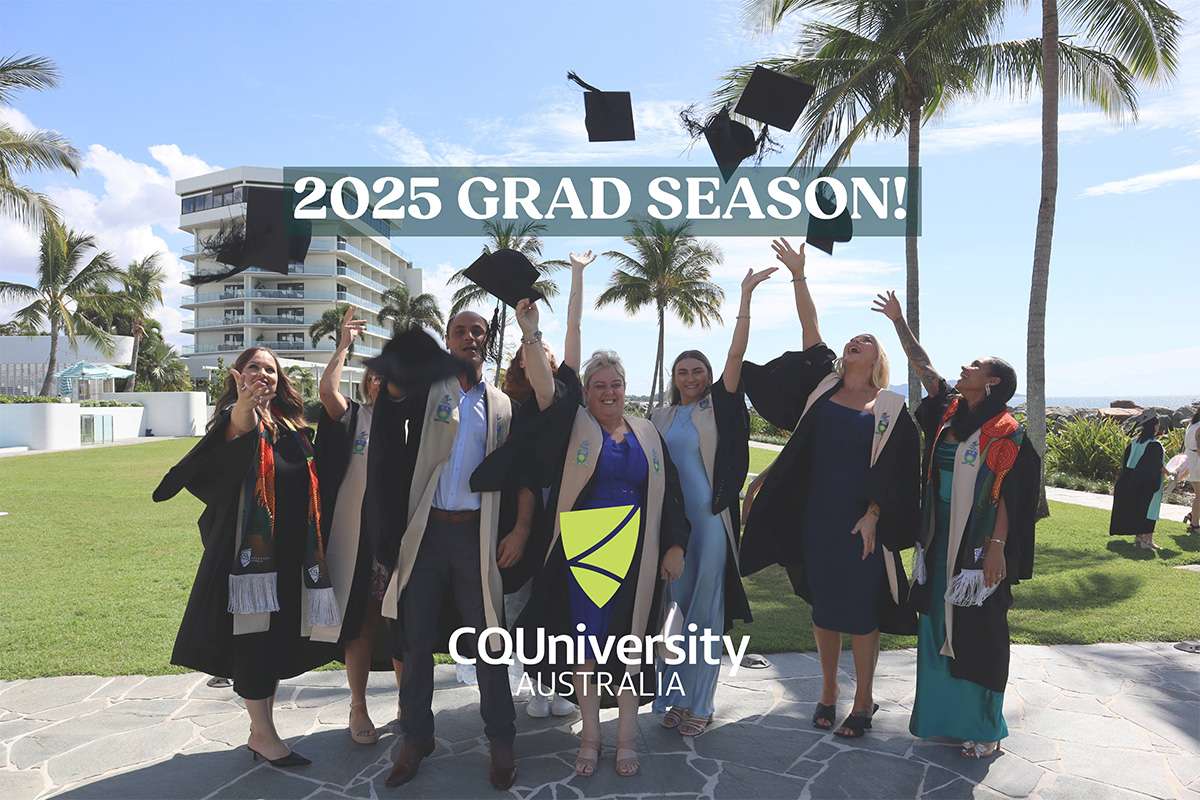News
Tics, tricks and a PhD
Jasmine's mission possible
Working to better support elite athletes through pregnancy and parenting is a mission for PhD student Jasmine Titova.
World Cup dreams
Young Aussies across the country are kicking around big dreams – and not just the boys.
CQCM alumni on stage
Central Queensland Conservatorium of Music (CQCM) alumni will perform in a new musical.
Postpartum support needed
When Boden Tighe began his PhD in 2020, it was a chance to work alongside some of Australia’s elite and emerging sports stars.
Explore More
Podcasts
CQUniversity's podcast series explores topics, events, research and issues - with experts who provide more than just the headlines.
Social Media
Engage, connect and share with CQUniversity on our range of social media profiles and channels.
Be Magazine
Be – the magazine for people who want to be, or already are, connected to CQU.
Connect With Us
Media Resource Centre
There's always something happening at CQUniversity - whether it's a students, staff or alumni achievement, a research breakthrough or simply a good news story - you'll find it all here.
Subscribe
Want to stay up to date with what’s happening at CQUniversity? Delivered straight to your inbox, our weekly news digest will keep you in the loop of all the important news and events coming out of CQU, as well as the latest audio, video and social media content.
Contact Us
The Corporate Communications team at the CQUniversity is the central point of contact for all media enquiries, promoting university research and providing expert commentary.

